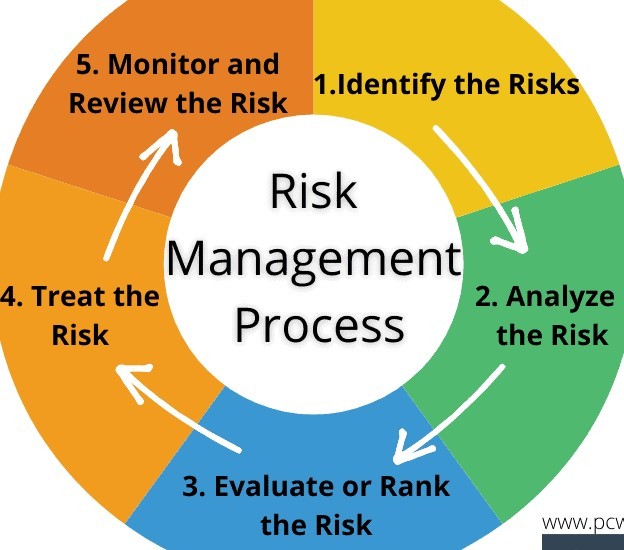Unlocking the Actual Importance of Risk Management for Continuous Growth
Unlocking the Actual Importance of Risk Management for Continuous Growth
Blog Article
The Relevance of Understanding the Relevance of Risk Management in Different Industries

The Core Idea of Risk Management and Its Purpose
Risk Management, the foundation of numerous markets, hinges on the identification, analysis, and reduction of unpredictabilities in a business environment. By properly identifying prospective threats, companies can establish methods to either stop these risks from happening or reduce their influence. As soon as threats have actually been identified and assessed, the reduction process includes creating techniques to lower their potential effect.
Benefits of Executing Risk Management in Service Operations

Unveiling the Role of Risk Management in Different Industries
While every sector confronts its unique collection of dangers, the implementation of Risk Management approaches remains a common measure in their pursuit of sustainability and growth. In the health care market, Risk Management involves making sure client security and information security, while in financing, it includes mitigating investment risks and ensuring governing conformity (importance of risk management). Building and construction companies concentrate on employee safety, project delays, and budget plan overruns. In the modern technology industry, look these up business alleviate cybersecurity threats and modern technology obsolescence. Ultimately, the duty of Risk Management throughout industries is to recognize, examine, and minimize risks. It is an essential element of critical preparation, enabling organizations to safeguard their possessions, make the most of opportunities, and accomplish their objectives.
Real-life Case Researches Demonstrating Successful Risk Management
To comprehend the importance of Risk Management in these many fields, one can look to several real-life instances that show the successful application of these measures. Toyota, publish the 2011 earthquake in Japan, modified its supply chain Management to decrease disruption risks. These instances show exactly how markets, finding out from dilemmas, successfully applied Risk Management methods to minimize future threats.
Future Fads and Growths in Risk Management Techniques
Cybersecurity, once a peripheral issue, has actually catapulted to the leading edge of Risk Management, with strategies focusing on detection, reaction, and prevention. The assimilation of ESG (Environmental, Social, Governance) factors right into Risk Management is an additional expanding pattern, reflecting the raising recognition of the function that social and environmental risks play in organization sustainability. Hence, the future of Risk Management lies in the blend of sophisticated innovation, innovative techniques, and a holistic technique.
Final thought
Finally, understanding the value of Risk Management across a spectrum of markets is crucial for their longevity and success. Customized techniques can aid mitigate potential Home Page dangers, secure assets, and foster stakeholder count on. Furthermore, aggressive decision-making aids in regulative conformity and maximizes resource use. Inevitably, successful Risk Management contributes to more resistant and lasting services, highlighting the relevance of this practice in today's vibrant and very competitive service setting.
While every industry faces its unique collection of threats, the application of Risk Management strategies remains an usual in their search of sustainability and growth. In the health care sector, Risk Management requires guaranteeing patient security and information security, while in finance, it entails mitigating financial investment threats and making certain regulatory compliance. Eventually, the duty of Risk Management throughout sectors is to determine, assess, and reduce threats. These official site situations demonstrate just how sectors, learning from situations, efficiently applied Risk Management approaches to lower future dangers.

Report this page